|
|
||
|
Pro Tools
FILMFESTIVALS | 24/7 world wide coverageWelcome ! Enjoy the best of both worlds: Film & Festival News, exploring the best of the film festivals community. Launched in 1995, relentlessly connecting films to festivals, documenting and promoting festivals worldwide. Working on an upgrade soon. For collaboration, editorial contributions, or publicity, please send us an email here. User login |
JAGTEN (THE HUNT, 2012) at 65th CannesOn May 20th, the film ‘JAGTEN’ (‘THE HUNT’ 2012) premiered at the 65th Cannes Film Festival in Official Competition. A press conference was held with Danish director Thomas Vinterberg, screenwriter Tobias Lindholm and cast Mads Mikkelsen and Susse Wold.
Excerpt from ‘THE HUNT’ (2012) press conference at 65th Cannes Film Festival: Q to Mads: First of all we loved seeing you as a brute in ‘Valhalla Rising’ (2009) but also are thrilled when you do a contemporary story that is a very human drama like this when you’re at your best from our point of view. And I’m curious from your point of view what thrill there is to embrace a story like this and what you want to tell about the saga that Thomas made. Mads: Well, there’s many ways to approach a story but I think that one is the story itself. Another thing is working with Thomas, a different way is for working with one of my friends I’ve never worked with and focusing on the character itself. We were pretty firm from the beginning we were not making this into a thriller because we are talking about an innocent man. Q to Linholm: At which point did Mr. Lindholm come in and what did you bring to the part, Sir? Lindholm: Well, when Thomas and I had finished ‘Submarino’ (2012) we had agreed to work together again. We found it quite fun to write together. We are writing in the same way. We like professional stories and to tell in reality so with us reality was there and that’s how it came to tell about this story we had. I became a father during ‘Submarino’ so the paranoia of being a parent was in me and I was very intrigued when Thomas came asking about this story so that’s when I jumped in and then we just started to talk about the subject. And what was most important from the beginning was to say that this is a man who didn’t do it. So, you can say of course we read a lot of cases abut the subject but most of all we looked at this as a Witch Hunt, which has happened in history for a long time. The difference in the 50’s in the US was that it was communist. After the 2nd World War then it was Nazi’s but here is a hunt down of a person and to put that into some kind of well structured story was our goal so that’s what we did. Q to Thomas: It is a powerful film with powerful actors. I’m specifically interested with how you worked with the child actor and how much of the plot did you tell her and how did you elicit reactions from her? Thomas: Well, Annika, she is a natural talent. She’s just incredible. We all felt very fearful when she was around. She’s just really incredibly good. It’s not just that I’m a genius. Well, yes, I am a genius. LOL. But in this case she did it on her own and she had a very good trainee who was absolutely splendid and she understood what I was talking about but of course we did not let her into the dirty world of the story. She understood that this guy did something wrong, or did not do something wrong, but she understood the plot without being led into the world of sexuality. She’s brilliant and the dog was brilliant too and there was a lot of pressure on these people. Q to Mads: When you meet Klara again, there is a moment of hesitation and awkwardness. But the character doesn’t feel that awkwardness with anybody else after the time passes. How do think the character would have reacted to all those people aside from Kara? Did you feel that it was entirely authentic that he’s completely real with everybody else except Klara? Mads: Yes I did in the sense that we created a very stubborn person, but at the same time we created a person who had difficulties saying ‘no’ and putting his foot down which is a combination from hell in a situation like this. No, he insisted on staying there, at shopping at this shopping mall, at going to this church so he insists that his friends are still his friends. It’s not easy for him but if you have to go that way down that path you have to do it fully. 100%. No, but the story for the end we were discussing that for a long time, how we should finish the story with the little girl. We had many options and then it was such a simple thing that Thomas saw this flaw full of lines and then said ‘this is the scene’ so that came up and then, wait, what was the question? Did I answer it? Q to Thomas: To me the film was of child abuse issue was not the main issue. For me what the main issue was how quickly people can betray each other. I have a two part question. One, what personally interested you about the psychology of betrayal? Second, the decision to not make it black and white that goes back to the friend or embracing the friend so that there is almost a happy ending? Thomas: (Sigh) Oh, happy ending! We are not used to that in Denmark! (laughs). It’s a dark and sinister country! Listen, I don’t know if I can answer your question. What I can say is that I find that nobody betrays anyone in this film. I think that I could defend each one of these characters and their movements. She’s a woman trying to protect her child. And Tobias and I, we worked all the way through the script to defend these characters, to understand how they move, why they emotionally choose the wrong pattern or the wrong hat you say. The mother, the child, reacts desperate but understandable. They don’t betray. They just try to defend an innocent child and that’s what’s so difficult about these cases because we don’t know what’s true and what’s not true. This is the danger of these cases and that’s what we found very alarming when we read this material. Did I answer? My answer was a ‘no’, it’s not betrayal. Q to Thomas: I found the women in the film very intimidating and scary women although with very good reason. So did you write from research or can you explain these women? Thomas: You’re from Sweden right? LOL. Well, first of all I want to say, let’s save the gender role debate to Scandinavia. We are in France and I’m aware that only men directors made competition this year and I’m aware that there are quite scary women in this film but this is not an attempt to make any attack on any women from us. This is an attempt to sink into reality mostly women who populate daycares and institutions in Denmark. I’ve always wanted to make a friendship between these two particular actors and they happened to be men. That’s why so I can’t come back with a long deep answer or motivation of how things ended up that way. By the way, I love these women. I understand them and I love them and adore them. Q to Susse: Do you agree with the characters you portray? And if you have a tale to tell about your director this is your chance: Susse: I understand what you’re saying about the mean women […] I had no imagination here. I had to get help. It’s like one little feather becomes five hands like a Hans Christian Anderson story. It’s about gossip and about a Witch Hunt. And in a way everybody is innocent. She is also innocent because she believes after the interview with Klara and the psychologist: ‘I mean, I’m sure I’m right. Of course I’m right. I have to call his wife and say. He cannot have my son. The son must be in kindergarten and I have to protect him.’ So this is what it is. It’s about a Witch Hunt, a film about smoke without fire and how dangerous that can be. Q to Thomas: What’s it like being back from your journey since your last time at Cannes with a film? Thomas: Well, first of all I was always here. You guys were gone for a while but I was here and I’m proud of what I did meanwhile. Back then I had a bit of trouble seeing that ‘Feston’ (1998) was a completion of something. I felt I made the ultimate film in a certain direction. I went down a route and I picked the fruit and there was no more fruit left on the tree so I had to abandon this way of filmmaking completely and search for other stuff. That became very adventurous and also painful at times but I created some of the films I’m most proud of in that period. After the smoke settled over the years I’ve returned to a kind of filmmaking which appears to me to be like the filmmaking I did back at film school with Thomas before ‘Feston’ before ‘Dogma’, trying to make a kind of pure filmmaking which I’m very glad to be back in now. So, that’s it. Q to Thomas: Can you tell us how much you are joking when you say your country, Denmark, is a ‘dark and sinister country’. Can you tell us how you feel about Denmark? Thomas: I love my country sincerely. I am staying in my country and I’m proud of the filmmaking in my country. I feel it’s forceful and powerful. I also belong to a tradition of dark tales. I guess not only Denmark, but in Scandinavia in general. I’ve always been attracted to dark tales. This is not an entire image of our country. This is a dark tale from our country, which is a shire with quite heavy people I’d say. I sometimes feel too comfortable in Danish society. It can be oppressively mediocre sometimes and very very small and I’m sometimes longing for fairytales from abroad but I guess this is where my most important stories come from. Q to Thomas: How do you feel audiences from abroad will reaction do you expect particularly from the subject to your film? Thomas: Honestly, I have absolutely no idea. I don’t know how universal this subject matter is, but for me the main attraction of this film when I watch it while writing it with Tobias, is the love between these people. It’s not the subject matter it’s the loving and caring between these people. When I watch Mads and Thomas in front of each other trying to reach out to each other with this misunderstanding between each other, that’s where my heart breaks and I guess they must have that in Asia too. So, for me, I don’t know, let’s see. I hope we can cross these boundaries as well. Q to Thomas: The film is in main competition with a strong line of directors. How do you feel abut this? Thomas: I have great respect for all of them. I haven’t seen their movies and I’m trying not to participate in this kind of football game. I’m really proud to be in their company. The mission for me is already completed by being here. This festival for me is the only festival in the world that protects the small and pure and personal film and yet has the same strong amount of glamour around it. It’s such a powerful place. It’s such an important place and that’s why I’m so proud to be here. Of course we’re part of the competition, of course I’d love to bring back some gold but I truly and dearly feel that the mission is completed already.
Transcribed by: Vanessa McMahon
OFFICIAL CANNES SYNOPSIS:
SYNOPSIS
CREDITS: Thomas VINTERBERG - Director
ACTORS: Mads MIKKELSEN - Lucas
Actor Mads Mikkelsen, winner of Best Actor Award at 65th Cannes Film Festival 08.06.2012 | Vanessa McMahon's blog Cat. : 2012) at 65th Cannes 65th Cannes 65th Cannes Film Festival actor Asia Cannes Charlotte Christian Anderson Denmark Director Employment Relation Entertainment Entertainment France JAGTEN (THE HUNT Klara Lasse Lucas Thomas Bo Mads Mikkelsen Marcus Susse Person Attributes Person Career psychologist Quotation Scandinavia screenwriter Social Issues Social Issues Susse Wold Sweden the 65th Cannes Film Festival Theo Annika Thomas Vinterberg Tobias Lindholm Vanessa McMahon News
|
LinksThe Bulletin Board > The Bulletin Board Blog Following News Interview with EFM (Berlin) Director
Interview with IFTA Chairman (AFM)
Interview with Cannes Marche du Film Director
Filmfestivals.com dailies live coverage from > Live from India
Useful links for the indies: > Big files transfer
+ SUBSCRIBE to the weekly Newsletter Deals+ Special offers and discounts from filmfestivals.com Selected fun offers
> Bonus Casino
User imagesAbout Vanessa McMahonThe EditorUser contributions |




















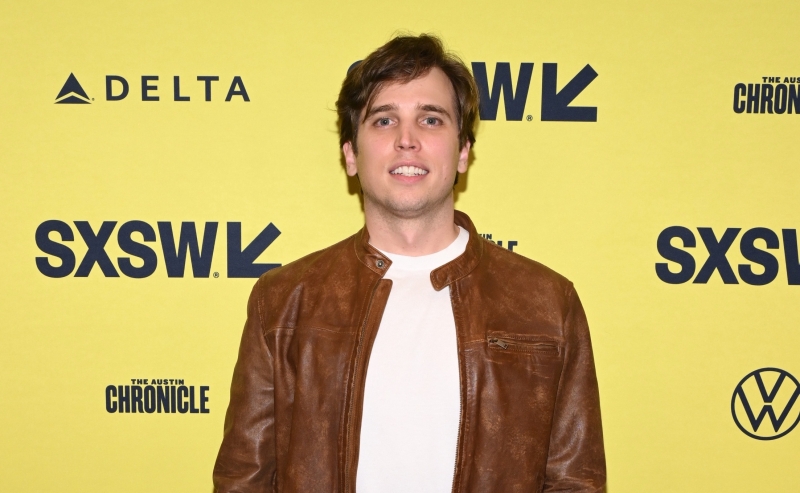
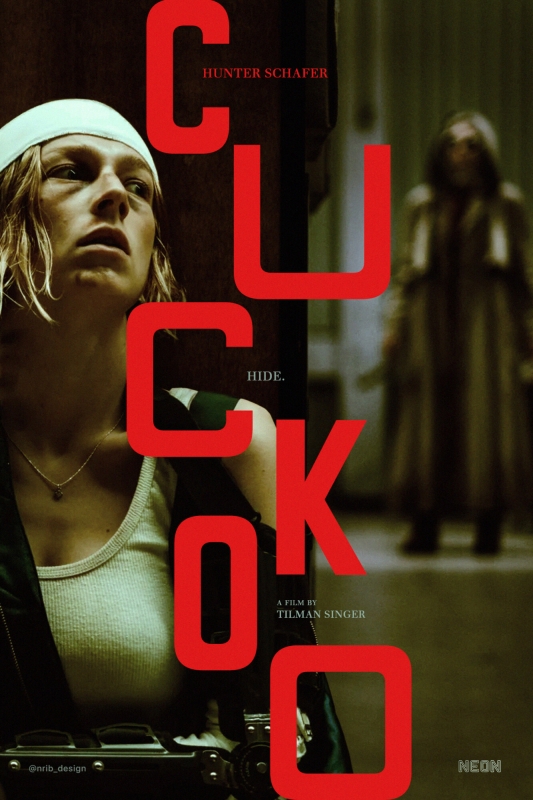
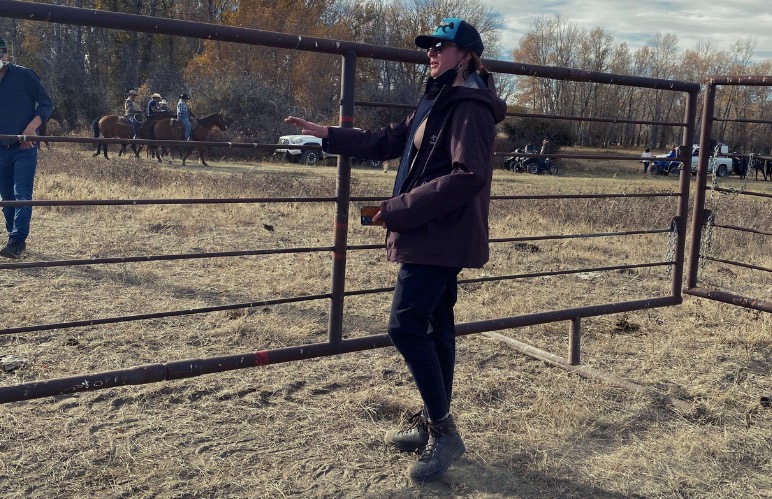
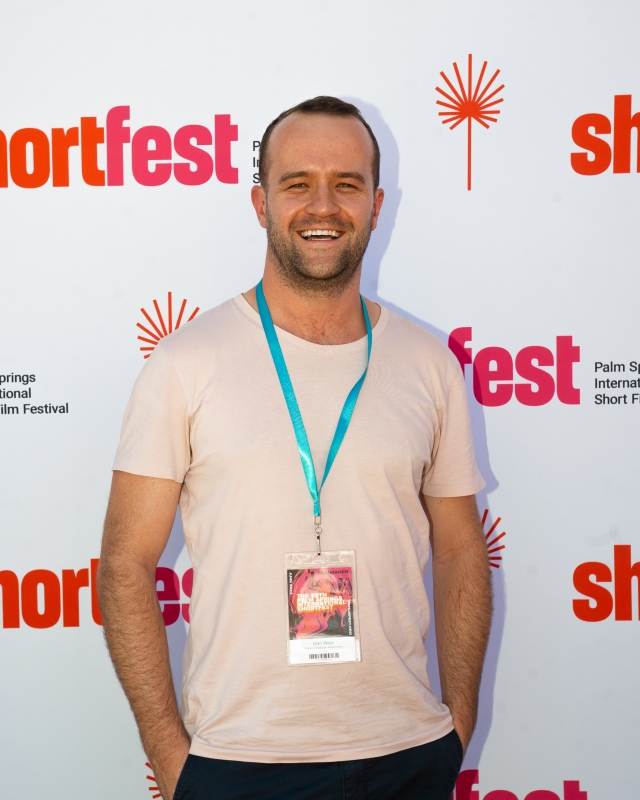
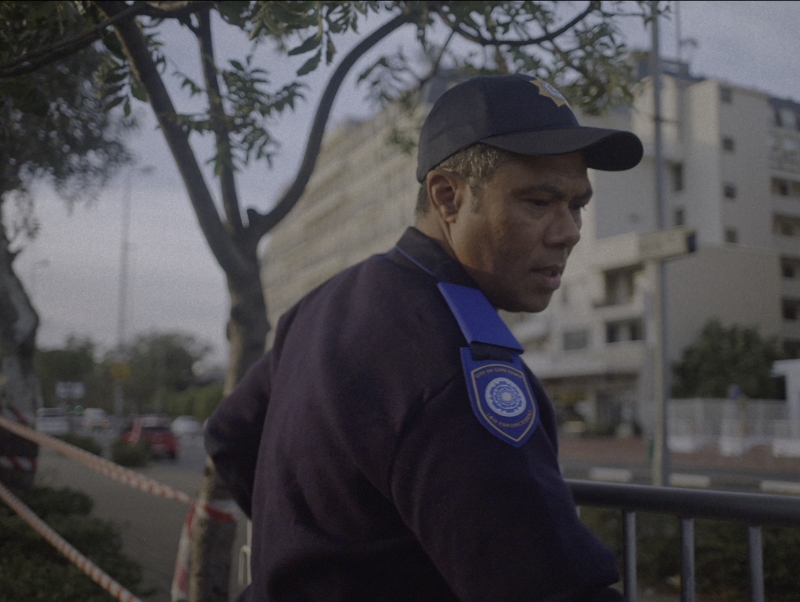
 McMahon Vanessa
McMahon Vanessa 


